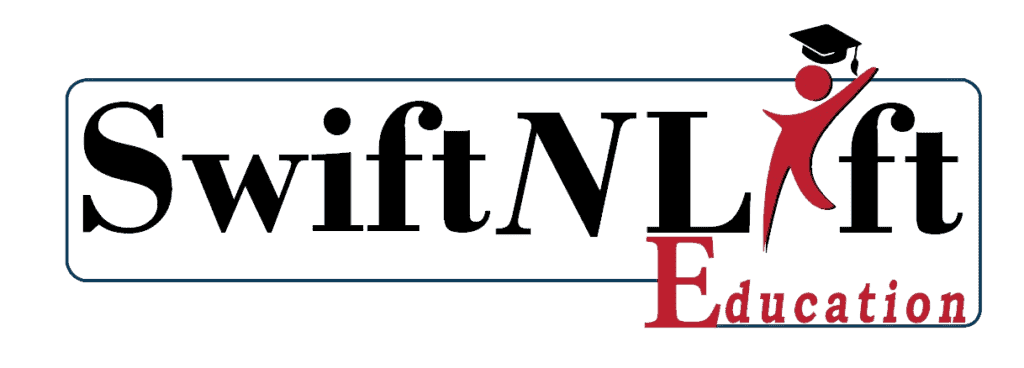


Explore the intellectual frontier of education with our insightful article, delving into five emerging trends shaping the future of learning. From the hands-on philosophy of maker learning to the paradigm shift away from traditional letter grades, discover the transformative power of micro-credentials, the dynamic approach of flipped classrooms, and the crucial role of social-emotional learning. Join us on a journey through the intellectual evolution of education, where innovation meets insight to create a holistic and student-centric educational landscape.
As we stride into the future, the landscape of education is undergoing a transformation driven by innovative trends that redefine the way students engage with knowledge. These trends not only cater to the evolving needs of the 21st-century workforce but also prioritize the holistic development of students. In this article, we explore five emerging trends that are shaping the future of education.
The maker movement is revolutionizing K-12 education, ushering in a shift from traditional teaching methods to a more dynamic, hands-on approach. Maker learning emphasizes student-driven problem-solving and encourages hands-on activities, fostering a culture of curiosity and experimentation. In collaborative spaces, students embark on a journey of identifying problems, creating prototypes, and embracing the iterative nature of trial and error. This do-it-yourself educational philosophy celebrates the value of learning through creation and views failure as an opportunity for growth. While research at Rutgers University is delving into the cognitive basis of maker education, the movement is gaining momentum as a catalyst for meaningful learning experiences.
Traditional grading systems are facing scrutiny for their emphasis on standardization and testing, which may not adequately measure crucial 21st-century skills. The Mastery Transcript Consortium, comprising over 150 private high schools, is leading the charge to replace letter grades with digital transcripts that provide qualitative descriptions of student learning and showcase samples of their work. This shift towards mastery-based or competency-based learning is permeating public schools as well. As colleges and universities, including prestigious institutions like Dartmouth and Harvard, recognize the value of competency-based transcripts, the educational landscape is witnessing a paradigm shift towards a more comprehensive assessment approach.
Micro-credentials, also known as digital badges or nanodegrees, are emerging as a flexible and targeted way to validate students’ skills in specific areas. These mini qualifications, earned through short and often online courses, offer a cost-effective alternative to traditional degrees. With 70% of higher education institutions offering some form of alternative credentialing, micro-credentials are gaining traction as a means to showcase specialized skills, providing a personalized and on-demand approach to education.
Flipped learning is challenging the traditional classroom model by reversing the sequence of instruction. In this approach, students engage with course content independently before class, allowing in-class time for collaborative projects and discussions facilitated by the instructor. This model empowers students to control their learning pace, encourages collaboration, and deepens their understanding of subjects. Widely adopted at the college level, flipped learning is reshaping the educational landscape by fostering a more interactive and student-centric learning environment.
Recognizing the pivotal role of schools in students’ holistic development, social-emotional learning (SEL) is gaining prominence. SEL focuses on cultivating students’ abilities to manage emotions, set goals, show empathy, and build healthy relationships. Research underscores the positive impact of SEL on reducing anti-social behavior, enhancing academic achievement, and improving long-term health outcomes. As schools increasingly prioritize the social and emotional development of students, the educational journey becomes a transformative experience that extends beyond academic accomplishments.
The future of education is marked by a dynamic interplay of innovative trends, each contributing to a more student-centric, holistic, and adaptive learning environment. From hands-on maker learning to qualitative assessment and the rise of micro-credentials, these trends are propelling education into an era where the focus is not just on what students learn but also on how they learn and grow as individuals. As we navigate the educational frontier, these emerging trends promise to shape a future where learning is a dynamic, personalized, and transformative experience for every student.

Entrepreneurship is all about telling your story. In SwiftNlift Education Business magazine, we promote and share stories and adventures of young and successful entrepreneurs who are overcoming startup challenges on their way to success. We allow digitally linked content to be uploaded and distributed globally.
Copyright © 2023 Swiftnlift Media And Tech LLP All rights reserved